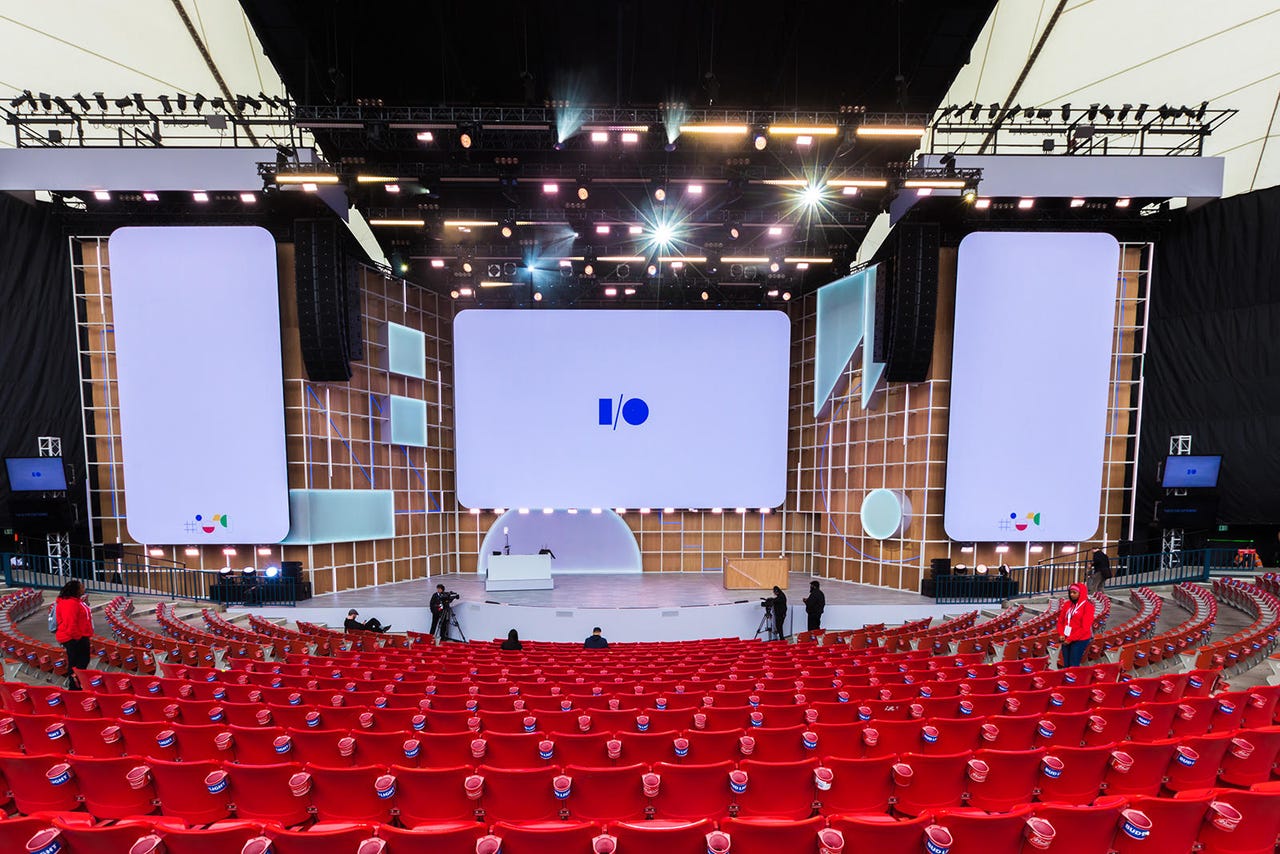Google sees next-gen Duplex, Assistant as next step in taking over your tasks


More Google I/
Google on Tuesday announced it's extending Duplex, a version of its AI-powered Google Assistant to tasks on the Web. Google also announced a next-generation version of Google Assistant that, thanks to advances in deep learning, functions with nearly zero latency.
Also: The Pixel 3A is official: Here's what you need to know | Android Q: Everything you need to know
The new virtual assistant functionality was announced at Google I/O, the annual developer conference held in Google's home town of Mountain View, California.
"We are moving from a company that helps you find answers to a company that helps you get things done," Google CEO Sundar Pichai said during the keynote address.
Google Duplex, which debuted at last year's Google I/O, is a remarkably human-like voice assistant that helps you book restaurant reservations over the phone. Now, with Duplex on the web, the virtual assistant can go through time-consuming tasks like filling out forms online to book a car reservation.
"We want to make this experience better for both users and businesses," Pichai said, demonstrating the car reservation use case. When a user asks Google Assistant to book a car, Duplex will pull up the reservation page and automatically start filling out the user's personal information. It navigates through the site and taps into tools like Gmail and Calendar for relevant information like travel dates.
"It's acting on your behalf and helping you save time, but you're always in control," Pichai said.
Setting up Duplex for this kind of use case doesn't require a custom integration, he said.
Must read
- Google's next-gen Assistant is 10x faster and knows where your mom lives (CNET)
- Google Duplex, but way less creepy and more useful (CNET)
- Google brings AR and Lens closer to the future of search (CNET)
Meanwhile, Google also showcased how the next-generation Assistant is "so much faster that tapping to use your phone would seem slow," as Pichai put it.
Advances in deep learning enabled Google to cut down Assistant's models from 100 GB to half a GB, effectively eliminating latency. It can run on a device and process and understand requests in real time, delivering answers up to 10 times faster. Users can operate their phone with their voice and multi-task across apps with effectively no lag time. The next-gen Assistant is coming to new Pixel phones later this year.
Google I/O 2019: The biggest announcements from the keynote
More from Google I/O:
- Google expands Android Jetpack, other Android development tools
- Google I/O: 14 Android OS modules to get over-the-air security update
- Google expands Android Jetpack, other Android development tools
- Google makes Cloud TPU Pods publicly available in beta
- Google says it will address AI, machine learning model bias
- The Pixel 3A is official: Here's what you need to know
- Google I/O: From "AI first" to AI working for everyone
- Google's Pixel 3a's specs, price, features have near perfect timing
- Google expands ML Kit capabilities for building ML into mobile apps
- Google expands UI framework Flutter from just mobile to multi-platform
- Google I/O 2019: The biggest announcements from the keynote